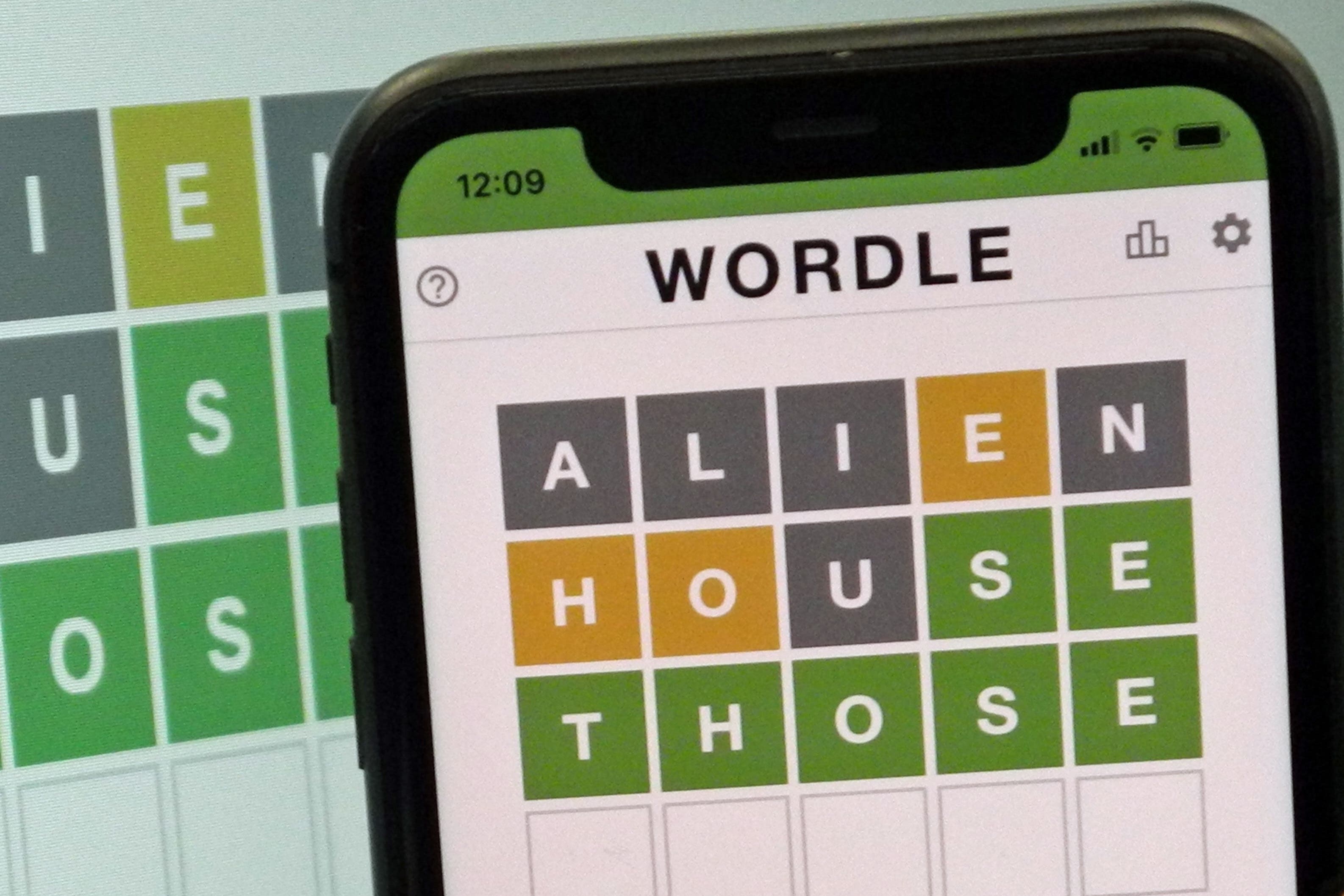Wordle controversy erupts over versions focused on other languages
A Shetland dialect group is one of hundreds of alternative ‘Wordle’ games

A controversy over other versions of Wordle has erupted, after a Shetland dialect version and others were told to take themselves down.
Wirdle was created as a way of helping people learn words from the Shetland dialect, and had more than 20,000 users from 113 countries. It is one of hundreds of other versions of Wordle that aim to help people learn words from other languages or different dictionaries.
However, Wirdle has been asked to go offline by the New York Times, which owns the original Wordle. It bought the game – in which players guess five-letter words – at the start of 2022, months after it was made by creator Josh Wardle.
In the time since, Wordle has become one of the most popular games on the internet. In recognition of that popularity, a variety of other games with similar names and features have risen up.
Now they are facing legal challenges from the owner of the original Wordle. The NYT said that Wirdle and others relied heavily on the branding and other elements of the original one.
“The Times has no issue with individuals creating similar word games that do not infringe The Times’s ‘Wordle’ trademarks or copyrighted gameplay. The Times took action against a GitHub user and others who shared his code to defend its intellectual property rights in Wordle,” it said in a statement.
“The user created a ‘Wordle clone’ project that instructed others how to create a knock-off version of The Times’s Wordle game featuring many of the same copyrighted elements. As a result, hundreds of websites began popping up with knock-off ‘Wordle’ games that used The Times’s ‘Wordle’ trademark and copyrighted gameplay without authorisation or permission.
“GitHub provided the user with an opportunity to alter his code and remove references to Wordle, but he declined.”
Viveka Velupillai, a linguistics professor who was part of the team who created Wirdle, said that offshoot versions of the game were actually helping boost the fame of the original one. She said that she had heard about other minority language developers, including those behind a Hawaiian version.
“Frankly, every time anyone used an offshoot of Wordle there was an acknowledgement about the original source,” she told the Shetland Times.
“All of those users were an enhancement to the New York Times Wordle, because every time anyone used that they would be aware of the fact that the inspiration was the original Wordle.
“That made the original Wordle look like a really inclusive and inspirational game. That impression of course now has been reversed. “
Join our commenting forum
Join thought-provoking conversations, follow other Independent readers and see their replies
Comments
Bookmark popover
Removed from bookmarks